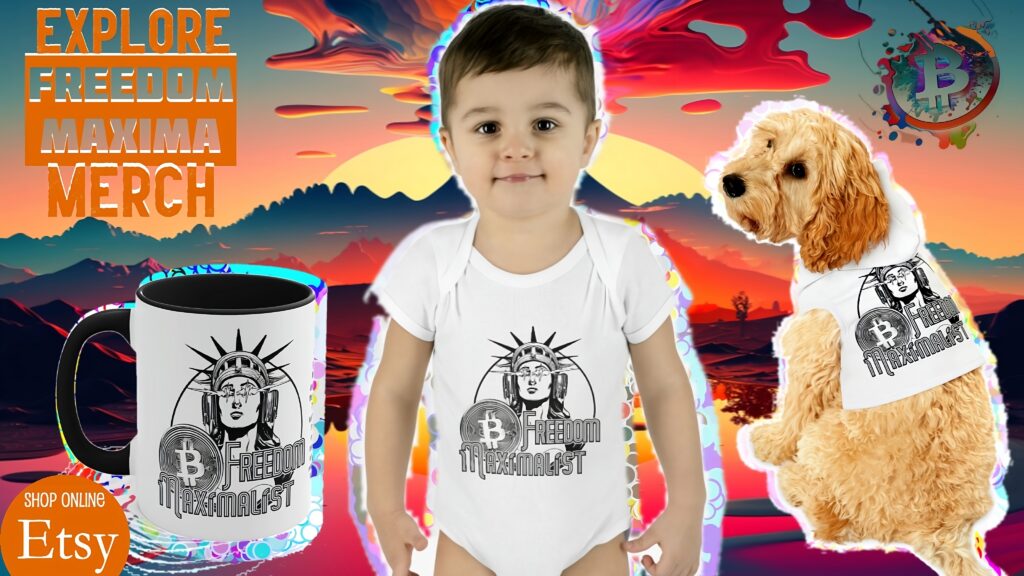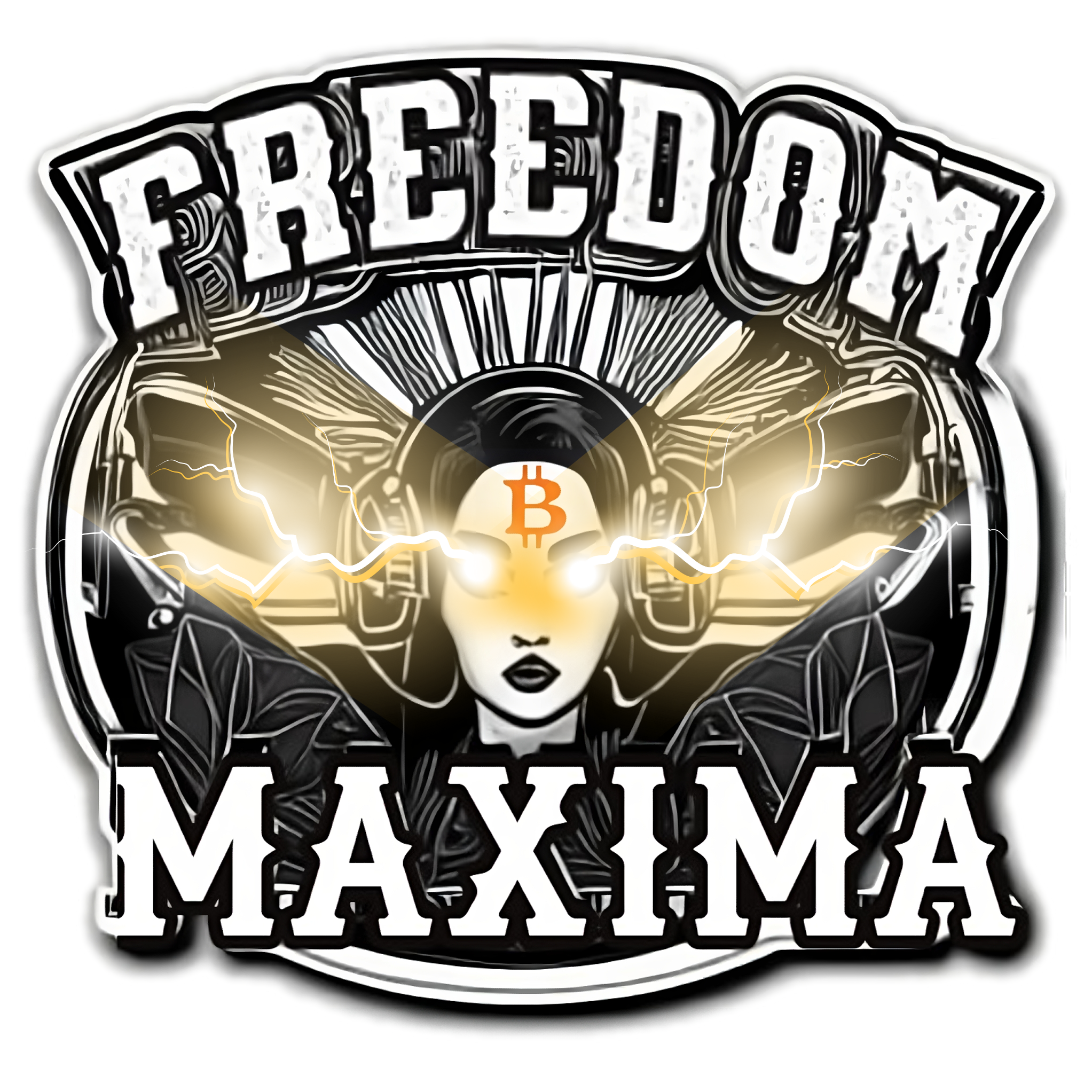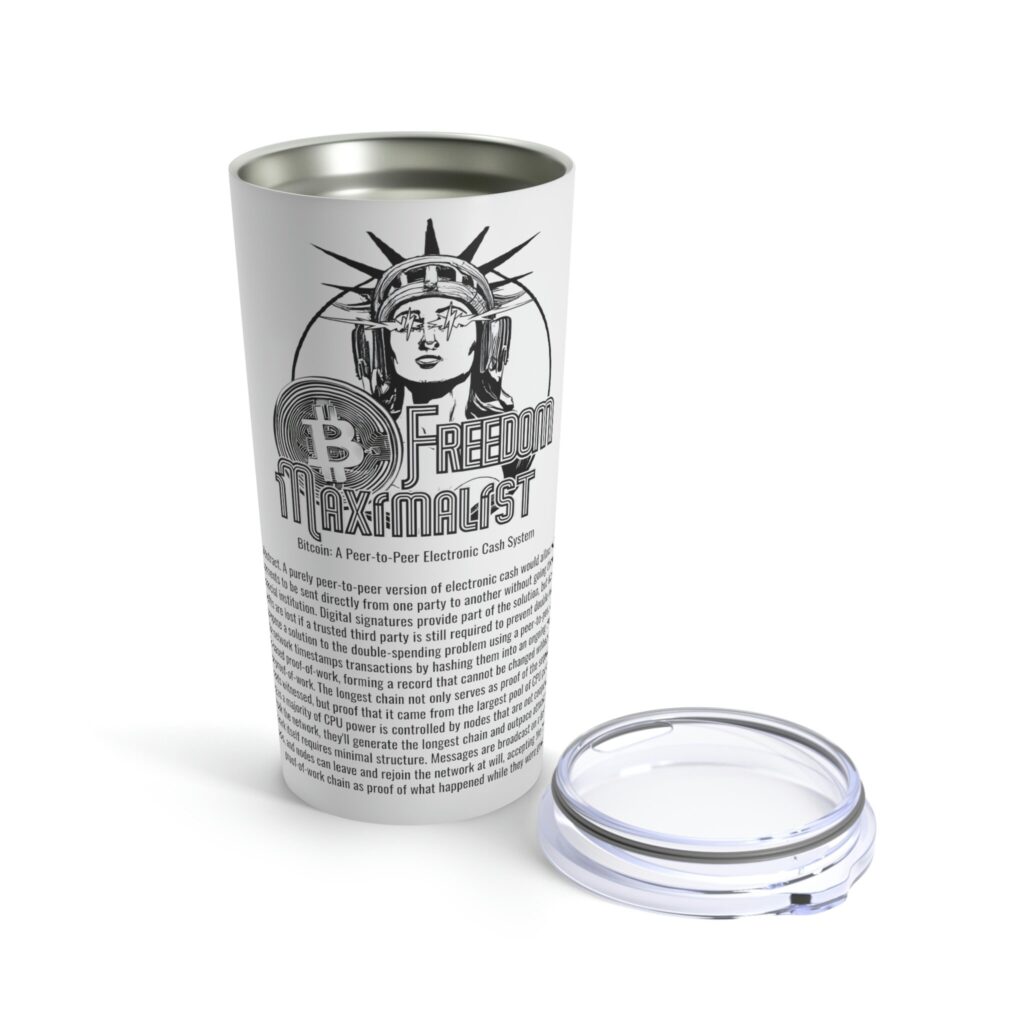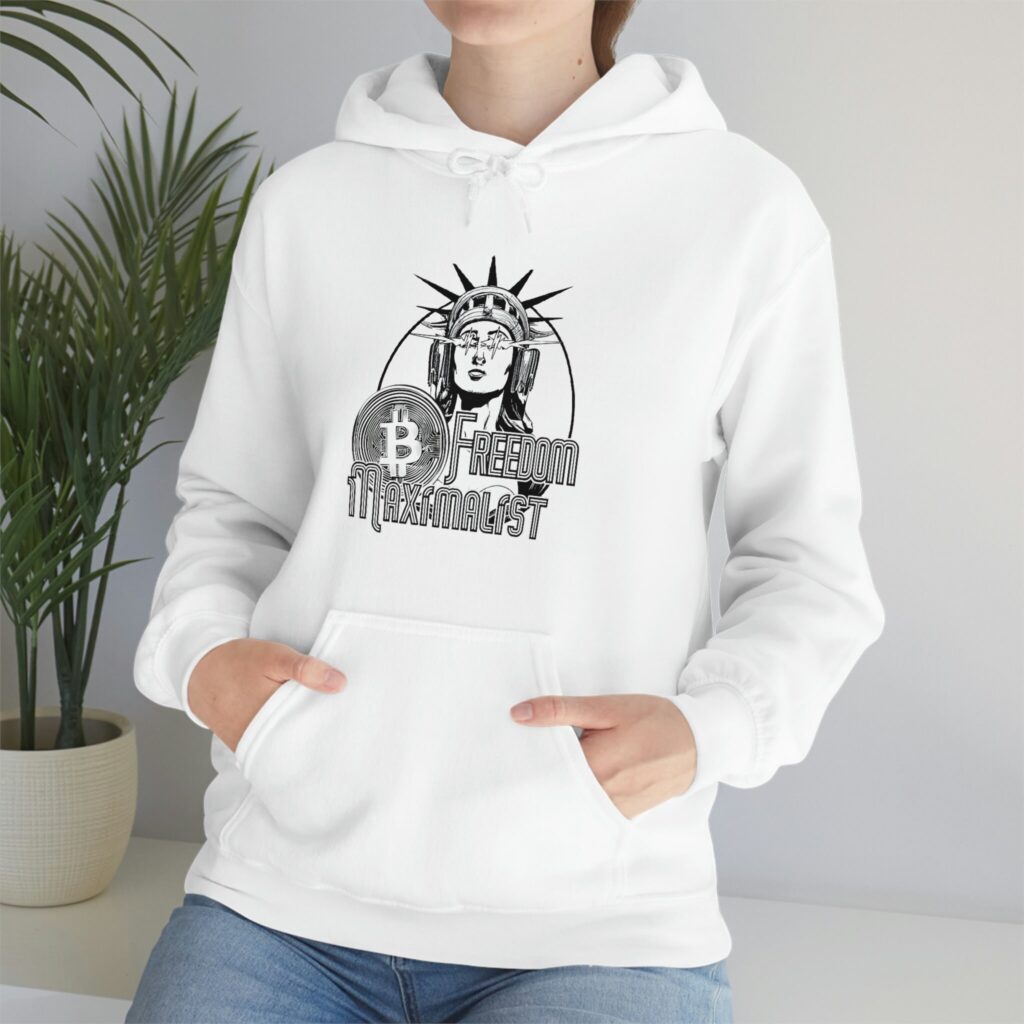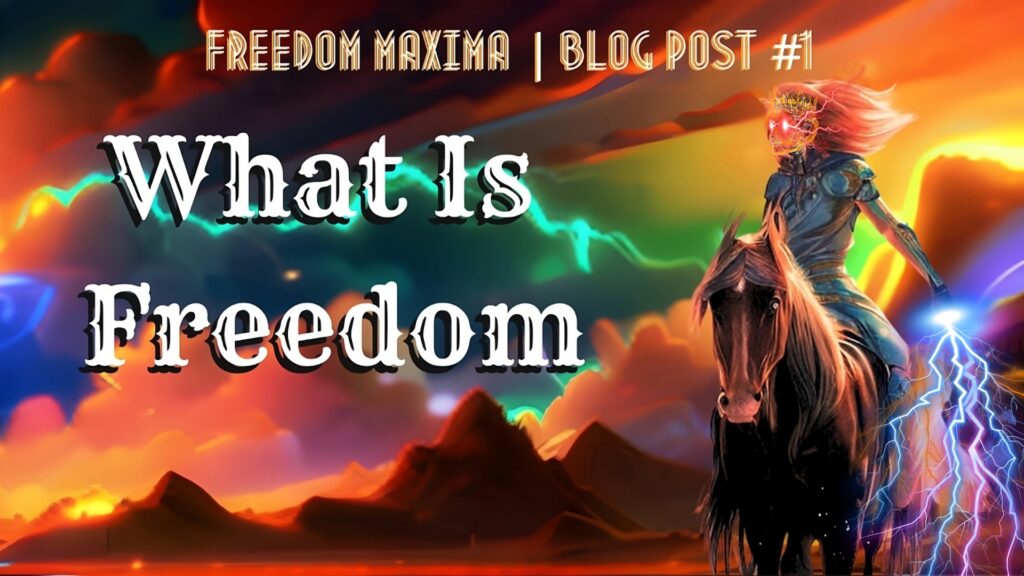
Freedom is a concept that has been debated by philosophers for centuries. At its core, freedom is about personal agency and autonomy. It is about the ability to make choices and act on them. But what does it mean to be free? And how do we achieve freedom? From the most elemental perspective of Metaphysics we begin by exploring the fundamental nature of reality and how it relates to our experience of freedom.
Metaphysics of Freedom
At its most basic level, metaphysics is concerned with the nature of existence itself, asking questions like:
What is real?
What is the relationship between mind and matter?
…between substance and attribute?
…potentiality and actuality?
These questions are relevant to our understanding of freedom because they help us dissect what it means to be free. For example, if we believe that everything in the Universe is predetermined by some force outside of ourselves (like fate or God), then it would be difficult to argue that we have free will. On the other hand, if we believe that we are in control of our own destiny, then we are more likely to believe that we have free will.

Determinism vs. Indeterminism
The concept of determinism is often used in discussions about freedom. Determinism is the idea that everything in the universe (including human behavior) is predetermined by some force outside of ourselves, such as fate, God, or other external factor. If determinism is true, then it would be difficult to argue that we have free will. After all, if everything we do is predetermined by some external force, then how can we be said to have agency or autonomy?
Some philosophers argue that humans do have free will, pointing out that we are capable of making choices and acting on them. We can choose what to eat for breakfast, what clothes to wear, and what career path to pursue.
But what does it mean to have free will? And how does it relate to our experience of freedom?
Moral Responsibility
Through the lens of moral responsibility, which refers to our ability to make choices and act on them in a way that aligns with our values and beliefs, if we believe that humans have free will (i.e., that we are capable of making choices and acting on them), then we are more likely to believe that we are morally responsible for our actions. We can choose to act in ways that align with our values and beliefs (even if those actions are difficult or unpopular).
On the other hand, if we believe that everything in the Universe (including human behavior) is predetermined by something other than free-will, then it would be difficult to argue that we are morally responsible for our actions. After all, if everything we do is predetermined by something other ourselves, then how can we be held responsible for our actions?
The Symphony of Self
Imagine the cosmos as a vast canvas, painted with the hues of infinite possibility. At its heart lies the brushstroke of freedom, the ethereal stroke that empowers beings to shape their destiny. It’s the realization that we are not mere spectators but co-creators of the cosmic symphony, each note of our existence harmonizing with the melody of the Universe. By exploring metaphysical concepts like determinism and moral responsibility, we can gain a deeper understanding of what it means to be free.

Metaphysically, freedom resonates as the symphony of self. Just as a composer meticulously chooses every note, we craft our lives with the choices we make. Each decision, a note; each action, a melody. This symphony resounds not just in our individual lives, but it reverberates through the cosmos, contributing to a unified masterpiece.
The Alchemy of Transformation
Freedom is the alchemical process of transformation. Like a caterpillar to a butterfly, we evolve through the crucible of experience. Our choices, intentions, and aspirations are the ingredients in this cosmic cauldron. The fire of our desire fuels the transmutation, birthing anew as we shed the old and embrace the potential of the unknown. The greater the freedom of choice faced in each moment for every molecular form in existence, the greater the potential for outcomes through the complexity of choices made. Freedom is the evolutionary compass guiding the combined dance of All to chart a course amidst the boundless expanse of the cosmos.
The Cosmic Dance of Interconnectedness
Freedom weaves us into the cosmic dance of interconnectedness. Imagine each soul as a star, emitting a unique light. As we move through life’s tapestry, our paths intersect with others, creating constellations of shared experiences. Freedom allows us to traverse these connections with authenticity, enriching not only our lives but the entirety of All. Freedom bridges the gap between the seen and the unseen. It’s the key that unlocks the door to the invisible dimensions of possibility. Just as the wind’s touch is felt without seeing its form, freedom is the force that shapes the intangible aspirations of the heart into tangible realities.
Find the perfect gift for your favorite Freedom Maximalist at the Freedom Maxima Etsy Shop
The Artistry of Existence
Freedom is the artistry of existence. It’s the sculptor’s chisel, the painter’s brush, the poet’s pen – a conduit through which we express our soul’s deepest yearnings. It’s the whisper of All, inviting us to participate in the cosmic composition, to contribute our unique melody to the Universal chorus.
In the symphony that flows from freedom, our souls find a dance of self-discovery, a journey of becoming, a canvas of endless creation. Honoring the essence of our being, the interconnectedness of all souls, and the eternal call to shape our destinies within the infinite expanse, freedom is the force that wielded with intention, resonates with the eternal song of All.
Explore these Readings for a Deeper Dive into the Metaphysics of Freedom
